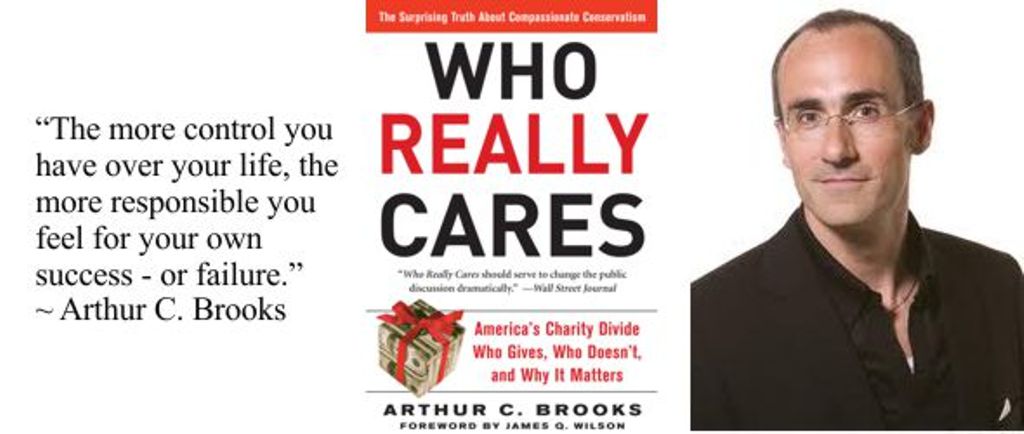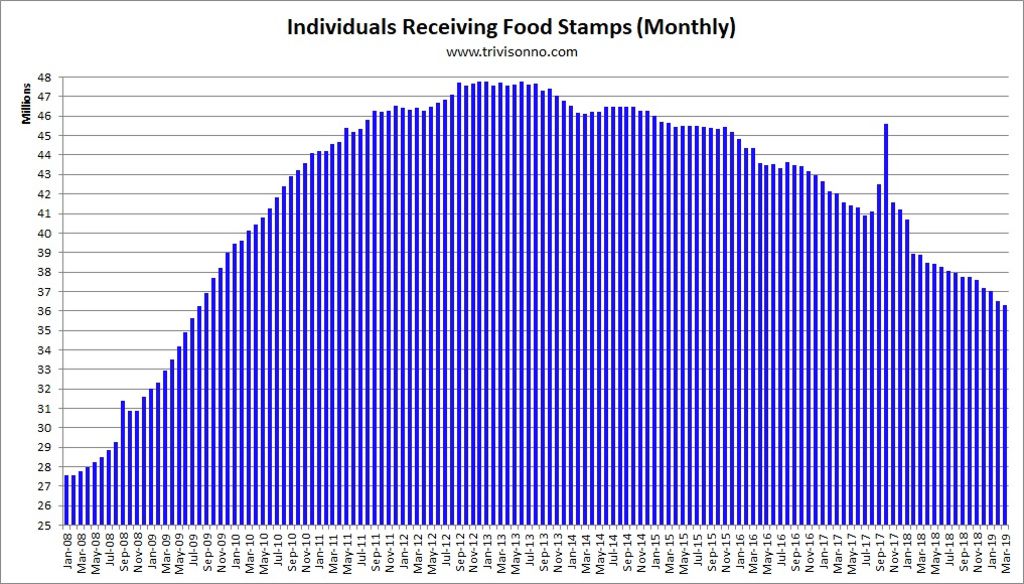We all know we should give to charity, but who really does? In his controversial study of America’s giving habits, Arthur C. Brooks shatters stereotypes about charity in America-including the myth that the political Left is more compassionate than the Right. Brooks, a preeminent public policy expert, spent years researching giving trends in America, and even he was surprised by what he found. In Who Really Cares, he identifies the forces behind American charity: strong families, church attendance, earning one’s own income (as opposed to receiving welfare), and the belief that individuals-not government-offer the best solution to social ills. But beyond just showing us who the givers and non-givers in America really are today, Brooks shows that giving is crucial to our economic prosperity, as well as to our happiness, health, and our ability to govern ourselves as a free people.
Review
“Lucidly written, carefully distilled and persuasively cogent.” Wall Street Journal”
From the Publisher
“There will of course be many readers (and many more nonreaders) of Mr. Brooks’s book who will dismiss it on its face, and there will be fierce efforts mounted to discredit his analysis and data. Let them come. Who Really Cares should serve to change the public discussion dramatically. With any luck, it will be for our decade what Charles Murray’s “Losing Ground” was for the 1980s (challenging the disincentive logic of welfare) or what Michael Harrington’s “The Other America” was for the 1960s (highlighting the persistence of poverty amid affluence) ─ the text at the center of a constructive national debate.” ─Wall Street Journal“The next time you find yourself in a conversation about how liberals are caring and compassionate while conservatives are selfish and hard-hearted, you might want to refer your interlocutors to Who Really Cares.”–First Things (December 06)
“Provocative… It’s not just that charity helps those on the receiving end, says Brooks, an economist at Syracuse University in New York. It also strengthens the cohesion of society at large. Moreover, it appears to make the givers themselves more successful, possibly because the activity transforms them somewhat into better or happier people. Whatever the reasons, he finds that higher income tends to push up charity – and that greater charity tends to push up income.”–Christian Science Monitor (11/27/06)
“[B]reaks new ground… In WHO REALLY CARES, Arthur C. Brooks finds that religious conservatives are far more charitable than secular liberals, and that those who support the idea that government should redistribute income are among the least likely to dig into their own wallets to help others.”–Chronicle of Philanthropy (11/23/06) –This text refers to an out of print or unavailable edition of this title.








